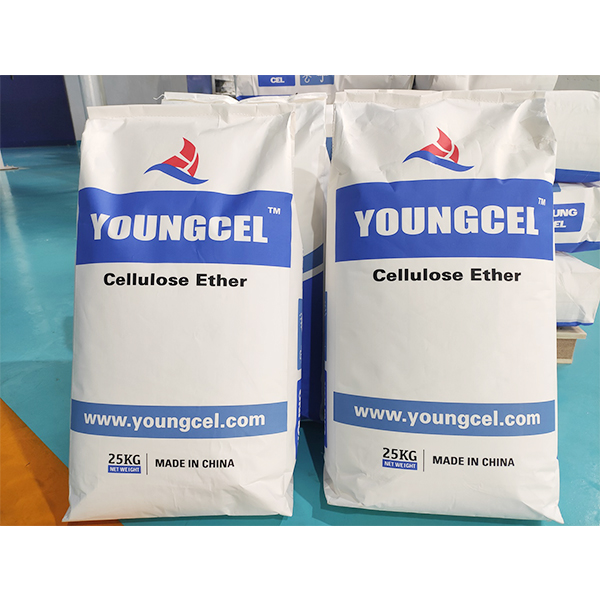The Role of Chemical Thickening Agents in Various Industries
Chemical thickening agents play a crucial role in a wide array of industries, including food, cosmetics, pharmaceuticals, and personal care products. These substances enhance the viscosity of liquids, enabling formulators to create products with the desired texture and consistency. Understanding the nature, types, and applications of thickening agents is essential for both manufacturers and consumers.
What are Chemical Thickening Agents?
Chemical thickening agents, also known as thickeners, are substances that, when added to a liquid, increase its viscosity without significantly altering its other properties. They can be derived from natural sources, such as plants, or synthesized through chemical processes. Common natural thickeners include guar gum, xanthan gum, and carrageenan, while synthetic options range from polyacrylate to cellulose derivatives.
Types of Thickening Agents
Thickening agents can generally be categorized into two main groups natural and synthetic
.1. Natural Thickening Agents These are typically derived from plants or microorganisms. Guar gum, sourced from guar beans, is widely used in the food industry, while xanthan gum, derived from fermenting sugars, has applications in salad dressings and sauces. Carrageenan, extracted from red seaweed, is commonly used in dairy products.
2. Synthetic Thickening Agents These are manufactured through chemical processes to achieve specific properties. Polyacrylate thickeners, for example, are often used in personal care and cosmetic products due to their ability to stabilize emulsions and enhance texture. Cellulose-based thickeners, such as hydroxyethyl cellulose, are frequently utilized in both food and pharmaceutical applications.
Applications of Thickening Agents
chemical thickening agent

Chemical thickening agents are used in numerous applications across different industries
1. Food Industry In food products, thickening agents enhance texture, improve mouthfeel, and maintain stability. For instance, they help prevent the separation of oil and water in salad dressings and contribute to the creaminess of dairy products. Many thickeners also serve as stabilizers to preserve the quality and shelf life of food items.
2. Cosmetics and Personal Care In lotions, creams, and gels, thickeners provide the desired viscosity, making products easier to apply and more appealing to consumers. They also assist in forming stable emulsions that prevent the separation of oil and water components in beauty products.
3. Pharmaceuticals Thickening agents are crucial in the formulation of various medications, where they help improve the consistency and stability of liquid products such as syrups and suspensions. They ensure that active ingredients are uniformly distributed, enhancing the efficacy of the drug.
4. Industrial Applications In industrial processes, thickeners can be used for various purposes, such as controlling the flow of liquids, improving the texture of paints and coatings, and enhancing the performance of adhesives.
The Importance of Selection
Choosing the appropriate thickening agent is vital for achieving the desired product quality. Factors such as compatibility with other ingredients, the intended end-use, regulatory requirements, and consumer preferences all influence this decision. Moreover, the environmental impact of the chosen thickener is becoming increasingly important, with a growing trend towards sustainable and biodegradable options.
Conclusion
Chemical thickening agents are indispensable components that enhance the functionality and appeal of products across various industries. By providing desired viscosity and stability, they contribute significantly to product performance and consumer satisfaction. As industries continue to innovate and consumers become more discerning, the role of thickening agents will evolve, emphasizing the need for ongoing research and development in this vital area of formulation chemistry.
-
The Application and Significance of Construction RdpNewsMay.19,2025
-
Industrial Grade HpmcNewsMay.19,2025
-
Building Coating Adhesive Building Coating Adhesive HpmcNewsMay.19,2025
-
Application Of Hpmc For Detergent For Detergent In DetergentsNewsMay.19,2025
-
Application Of Hpmc Cellulose In Cement-Based MaterialsNewsMay.19,2025
-
Application Of High Quality Hpmc For Construction In The Field Of ConstructionNewsMay.19,2025




